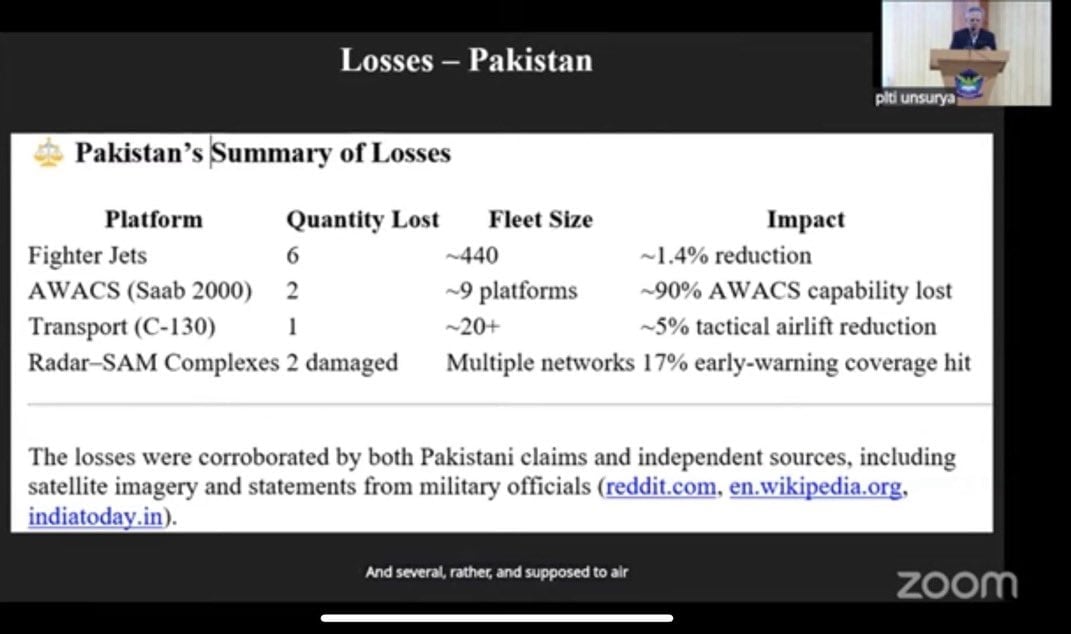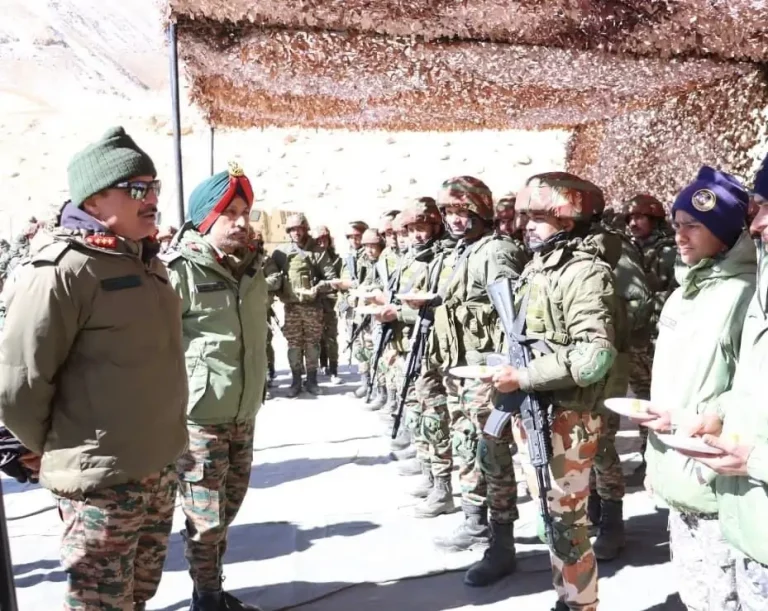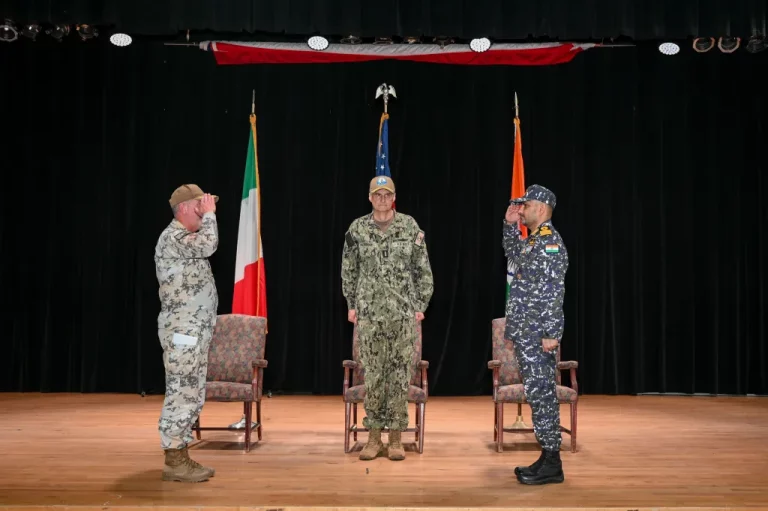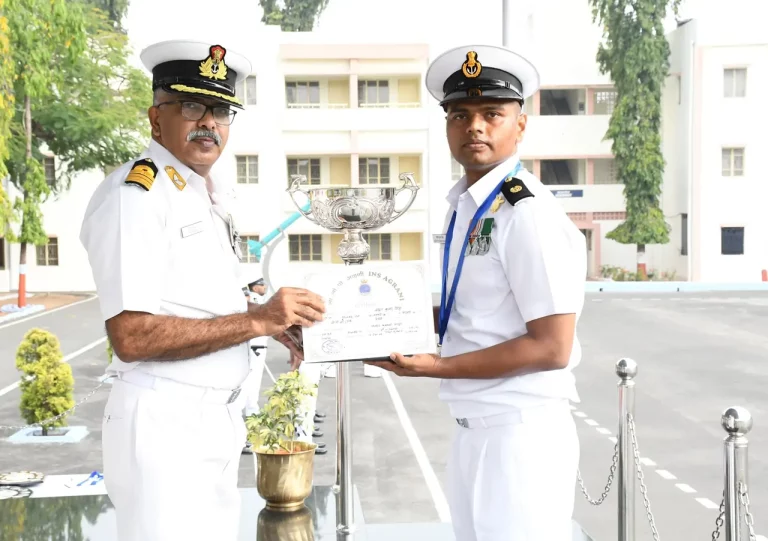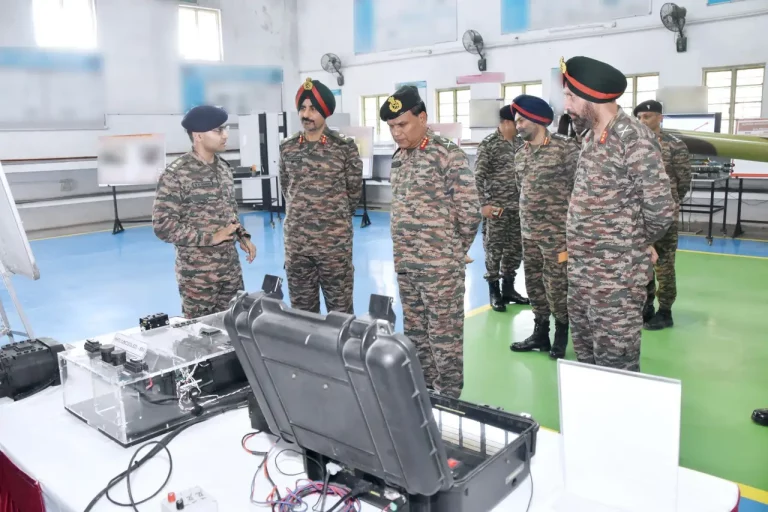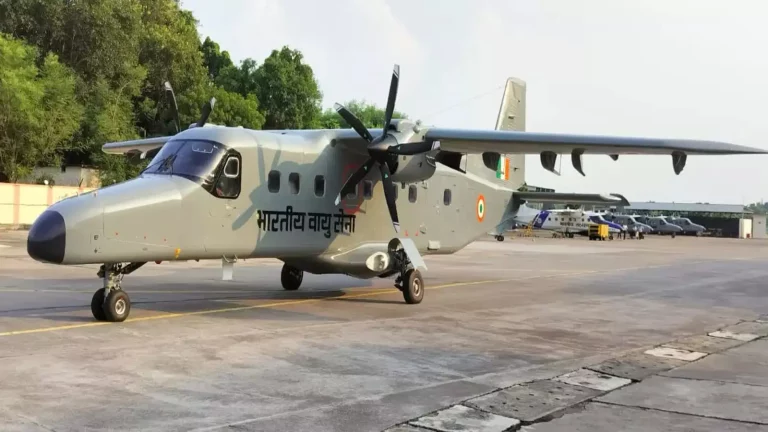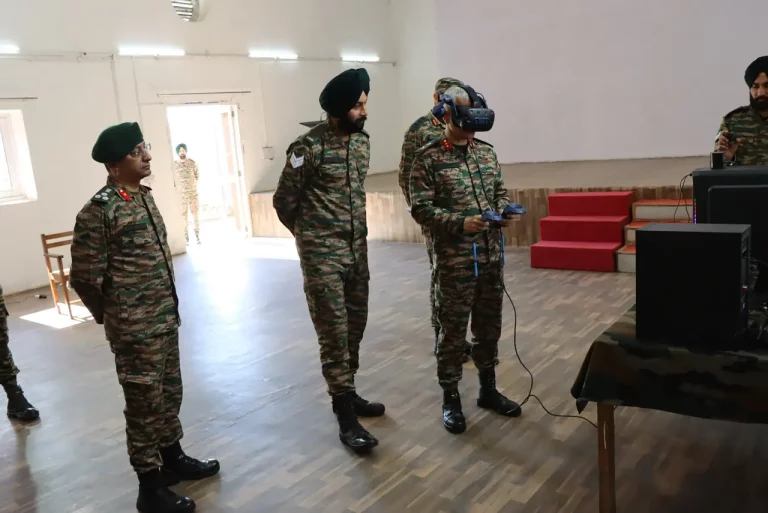The Indonesian Air Force recently hosted two comprehensive seminars at its Air Force University, centered around the May 2025 aerial conflict between India and Pakistan and its broader strategic implications. The seminars, titled “International Seminar: Analysis of the Pakistan–India Air Battle and Indonesia’s Anticipatory Strategies from the Perspective of Air Power,” provided a platform for deep analysis of the rapid yet significant air war that unfolded earlier this year.
The presentations delved into the operational aspects and strategic lessons gleaned from the conflict, underscoring the extent of damage incurred by the Pakistan Air Force (PAF). Data revealed during the sessions indicated that the Indian Air Force (IAF) managed to successfully target and destroy a total of six Pakistani fighter jets, alongside two Saab-2000 Erieye airborne warning aircraft and one C-130 transport aircraft. Additionally, the damages to key Pakistani airbases were highlighted, adding to the narrative that India emerged with a decisive advantage in the aerial confrontation.
The seminar featured Captain Shiv Kumar, the Defence Attaché from the Indian Embassy in Jakarta, who contributed to discussions on air power and defense strategies, providing insights from the Indian perspective. In contrast, the Pakistani Defence Attaché opted not to participate, citing objections to the presentation materials that included satellite imagery illustrating the damage to Pakistani military sites.
The Indonesian Air Force’s initiative to analyze the India-Pakistan air battle reflects its escalating interest in air power dynamics and the necessity for anticipatory strategies. The discussions extended their focus beyond South Asia, placing significant emphasis on the roles of early warning systems, the integration of drones, advancements in surveillance technologies, and the importance of building regional partnerships.
The findings from the seminar indicated a notable shift in the perceived balance of air power within South Asia, especially given the reported losses of Pakistan’s airborne early warning assets. Such setbacks were recognized as detrimental to Pakistan’s real-time situational awareness and overall air defense capabilities. Analysts participating in the event emphasized the urgent need for Pakistan to enhance its resilience in future aerial confrontations.
Additionally, the Indonesian initiative sparked broader conversations about the challenges of maintaining neutrality in international defense forums, particularly when analyzing operational data from recent conflicts. Nevertheless, the seminars were praised for their analytical rigor and relevance to ongoing air force modernization efforts throughout Southeast Asia.
As air power continues to become increasingly vital in regional security matters, the Indonesian Air Force’s engagement in such discussions signals a commitment to staying informed and prepared in response to a rapidly evolving geopolitical landscape.
